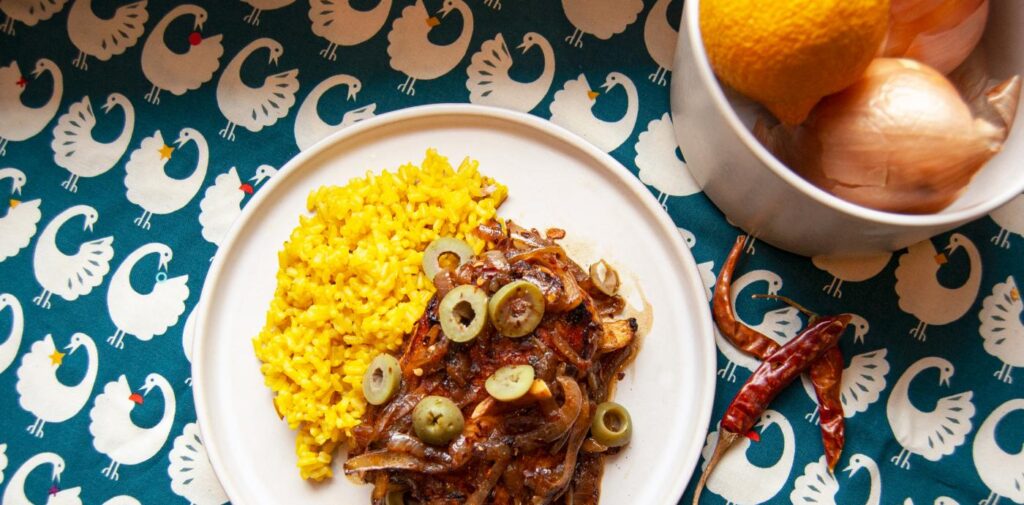
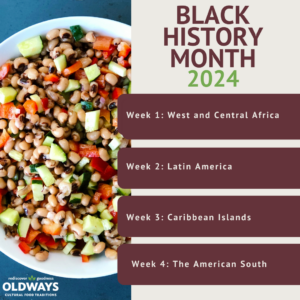 Celebrate Black History Month with us this February as we honor the rich culinary heritage of the African Diaspora through the African Heritage Diet. Drawing inspiration from West and Central Africa, the American South, the Caribbean, and South America, this nutritious and flavorful way of eating naturally aligns with the guidelines experts recommend for supporting good health.
Celebrate Black History Month with us this February as we honor the rich culinary heritage of the African Diaspora through the African Heritage Diet. Drawing inspiration from West and Central Africa, the American South, the Caribbean, and South America, this nutritious and flavorful way of eating naturally aligns with the guidelines experts recommend for supporting good health.
Each week, we will spotlight a different region through delicious recipes, resources, blog posts and more! To join us, be sure to follow us on Instagram at @Oldways_atasteofheritage and @Oldways_PT .
Here’s a preview of what to expect!
Week 1: West and Central Africa
 During the first week of Black History Month, delve into the vibrant culinary traditions of West and Central Africa with the African Heritage Diet. This celebrated cuisine spotlights hearty vegetable soups, couscous, millet, and rice, complemented by native ingredients like watermelon, okra, and beans, including the beloved black-eyed peas. Experience the rich flavors and cultural significance of these dishes, honoring the diverse heritage of the African Diaspora.
During the first week of Black History Month, delve into the vibrant culinary traditions of West and Central Africa with the African Heritage Diet. This celebrated cuisine spotlights hearty vegetable soups, couscous, millet, and rice, complemented by native ingredients like watermelon, okra, and beans, including the beloved black-eyed peas. Experience the rich flavors and cultural significance of these dishes, honoring the diverse heritage of the African Diaspora.
Week 2: Latin America
 Explore Afro-Latin American flavors with us this week. South America, notably Brazil, is home to approximately 100 million people of African descent, shaping a diverse culinary tapestry. From hearty soups to rice and beans and featuring staples like yucca, cassava, okra, peanuts, squashes, and plantains, the cuisine bursts with vibrant flavors. Indigenous ingredients like corn and tamales filled with peas, carrots, potatoes, and spices add depth. Don’t miss the iconic Moqueca Baiana, a seafood stew with African roots boasting palm oil, coconut milk, shrimp, crab, and aromatic spices.
Explore Afro-Latin American flavors with us this week. South America, notably Brazil, is home to approximately 100 million people of African descent, shaping a diverse culinary tapestry. From hearty soups to rice and beans and featuring staples like yucca, cassava, okra, peanuts, squashes, and plantains, the cuisine bursts with vibrant flavors. Indigenous ingredients like corn and tamales filled with peas, carrots, potatoes, and spices add depth. Don’t miss the iconic Moqueca Baiana, a seafood stew with African roots boasting palm oil, coconut milk, shrimp, crab, and aromatic spices.
Week 3: Caribbean Islands
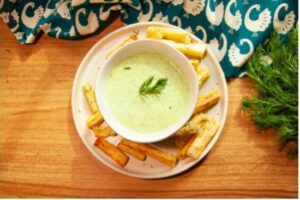
In this week’s exploration, we delve into the vibrant flavors of the Caribbean islands. With influences from French, African, and Spanish cuisines, Caribbean dishes feature an array of seafood such as salt fish and conch, tropical fruits like papaya and guava, and staples like rice and peas made with pigeon peas or red beans. Coconut milk, breadfruit, callaloo, yams, plantains, annatto, and pumpkins are also prominent ingredients. In the southern Caribbean, roti-a popular flatbread filled with curried vegetables, shrimp, or beans-is a beloved culinary tradition.
Another tasty tradition is Mojo sauce, originating from the Canary Islands off Africa’s northwest coast. Traditionally made with olive oil, garlic, and lemon, it varies across Caribbean, Cuban, Brazilian, and other Latin American cuisines. Our garlicky, dill version pairs perfectly with greens, grains, or as a veggie dip. Watch Claire Richardson, an A Taste of African Heritage teacher, prepare this recipe just as she would in class.
Week 4: The American South
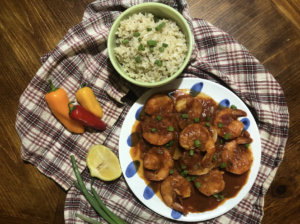 In the final week of Black History Month, we explore the culinary legacy of African American cuisine. Influenced by French, Spanish, and Southern cooking, it features staples like cabbage, okra, tomatoes, and greens. Louisiana’s Creole cuisine offers iconic dishes like Gumbo, while Low Country cooking showcases oysters, crabs, and sweet potatoes. Discover the rich flavors and history of African American culinary heritage.
In the final week of Black History Month, we explore the culinary legacy of African American cuisine. Influenced by French, Spanish, and Southern cooking, it features staples like cabbage, okra, tomatoes, and greens. Louisiana’s Creole cuisine offers iconic dishes like Gumbo, while Low Country cooking showcases oysters, crabs, and sweet potatoes. Discover the rich flavors and history of African American culinary heritage.
Meet Some of Our African Heritage and Health Advisory Board Members
Angela Ginn-Meadow
Meet Angela Ginn-Meadow, RD, LDN, RN, CDE: A respected healthcare professional known for her expertise as a Registered Dietitian, Nurse, and Diabetes Educator. Angela’s passion for food and education drives her mission to empower individuals for better health. As President of Morgan State University’s Nutrition Program Advisory Board, she champions diversity and shapes future nutrition professionals. Angela’s visionary leadership and cultural insight make her a sought-after expert, bridging healthcare and nutrition with compassion. Through mentoring and advocacy, she’s dedicated to fostering inclusivity and health. Read more in our Q&A with Angela.
Tambra Raye Stevenson
Tambra Raye Stevenson, MPH, MA, based in Washington, D.C., is an award-winning nutrition advocate, author, and food policymaker. With expertise in Nutritional Sciences, Health Communication, and Media, Technology, and Democracy, Tambra promotes African diaspora cuisine, nutrition security, and food equity. She founded WANDA to empower women in Africa and the diaspora, and through initiatives like NATIVSOL Kitchen, she provides Pan-African nutrition education. Tambra’s policy influence includes appointments to the DC Food Policy Council and NAREEE Advisory Board. Her work, featured in publications like The Washington Post, showcases her commitment to health equity. As the first regional representative to North America for the African Nutrition Society, Tambra advocates for inclusive food systems globally, driven by her passion for reconnecting with African food roots.
Vivien Morris
Meet Vivien MS, RD, MPH, LND, and Honorary DPH, a passionate advocate for community health and wellness with an impressive background in nutrition and public health. With degrees from Harvard, Framingham State, and Boston University, Vivien is a registered dietitian committed to serving Boston’s communities. As founder of the Mattapan Food and Fitness Coalition and BOND of Color, she spearheads initiatives to improve access to healthy foods and promote physical activity. Vivien’s leadership extends to the Kennedy Community Garden and Edgewater Neighborhood Association, where she harnesses community passion to create vibrant neighborhoods. Read more about Vivien’s inspiring journey and vision for a healthier future!
Discover more AH&H Advisory Board Spotlights with interviews featuring Dr. Akua Woolbright and Dr. Allan J. Johnson!
More Ways to Celebrate
Take an Online Cooking & Nutrition Course about the African Heritage Diet
Get recipes, cooking techniques, and learn about the culture and history of the African Diaspora!
This exciting new e-course gives you the full experience of our 6-lesson cooking series-from your own home, on your own timeline. With each lesson, learn recipes (Mafe, Jollof Rice, Tangy Collard Greens), cultural history, nutrition concepts, and cooking skills related to the African Heritage Diet.
The lessons are recorded by a variety of experienced A Taste of African Heritage instructors, and include videos, cooking demos, printable recipes and handouts, and discussion boards where you can talk with fellow students.
Of course, we’re still offering live classes in communities across the country, and we encourage anyone to become an instructor and teach the class in their community!
Begin your culinary adventure today! Enter code BHM24 at checkout for $5 off through the end of February.
Spread the Word on Social Media
Help us spread the word! Please share the graphics below through your social media and in your other materials. Click each image to download and save it.




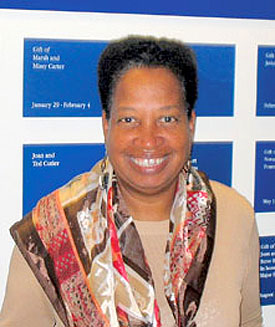
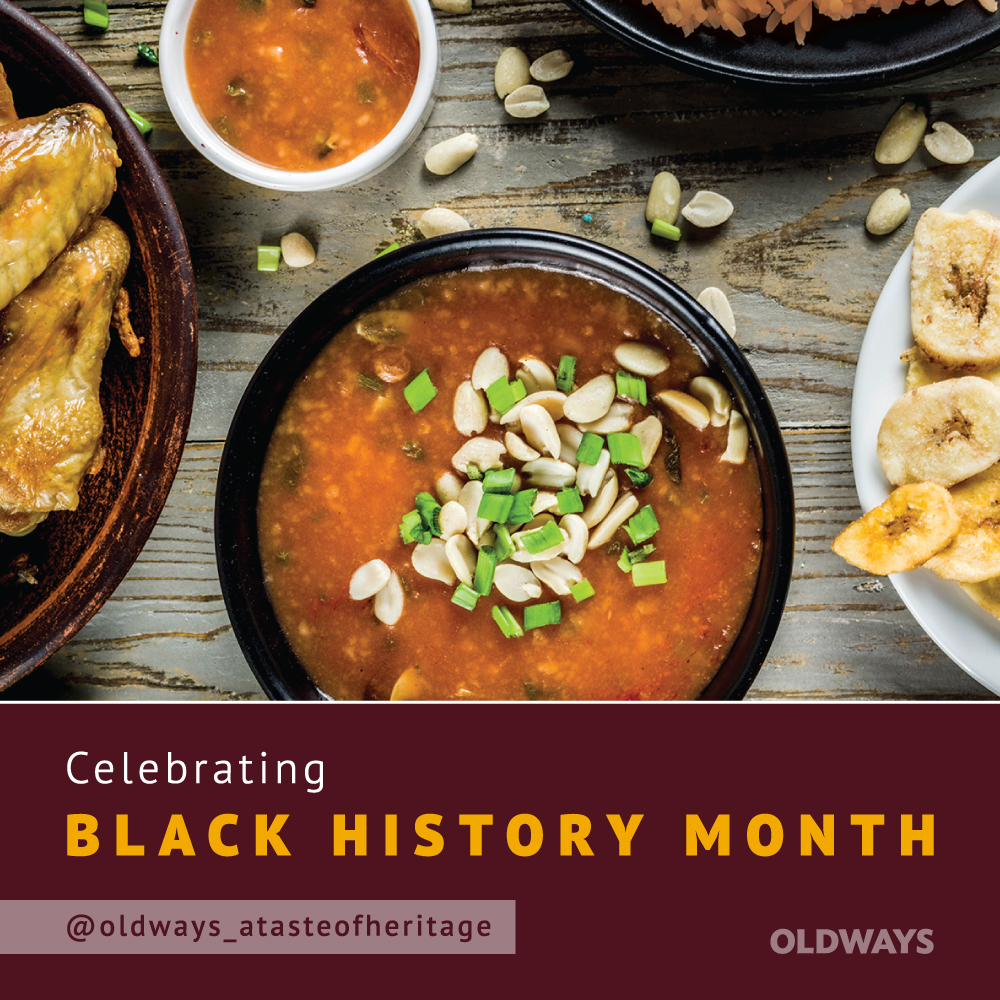
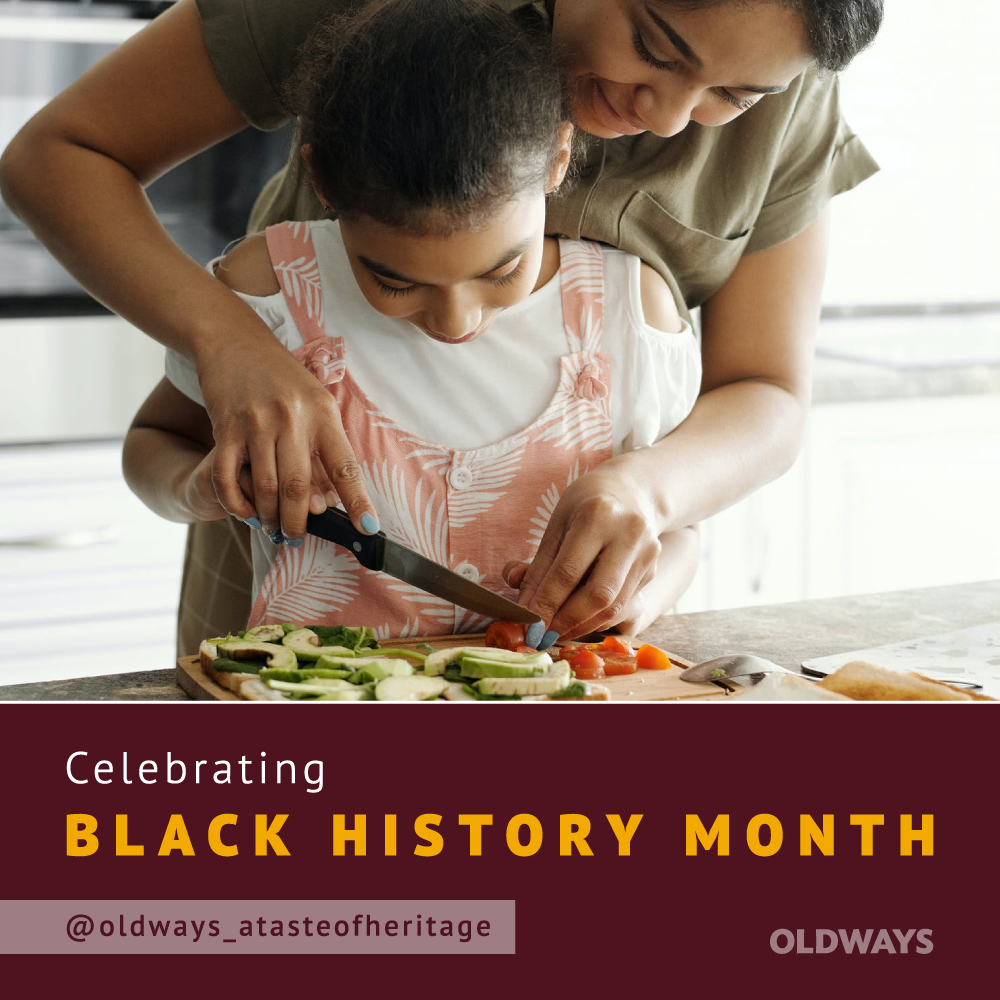
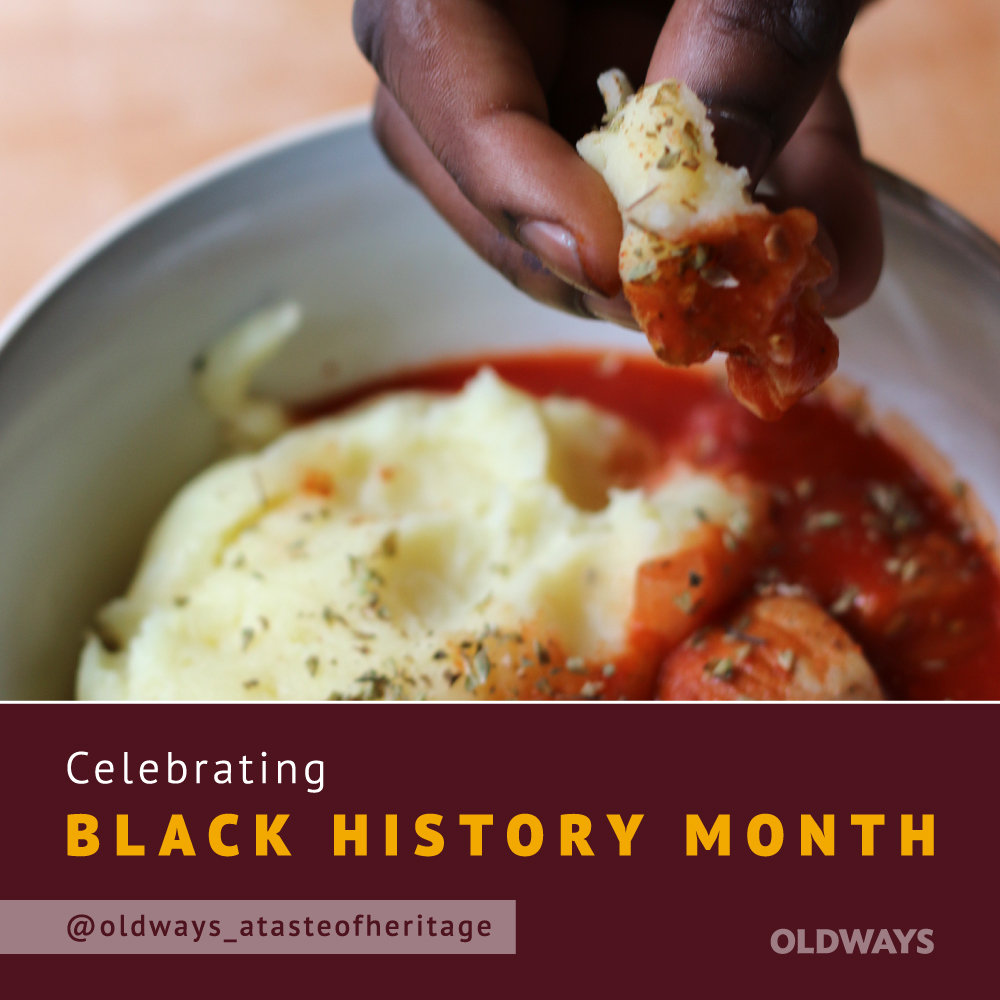




Leave a comment